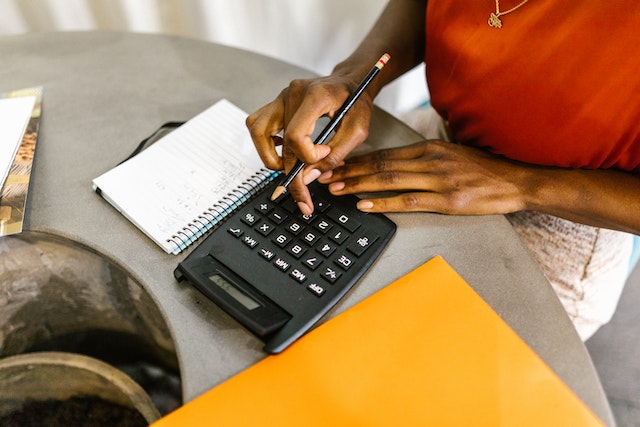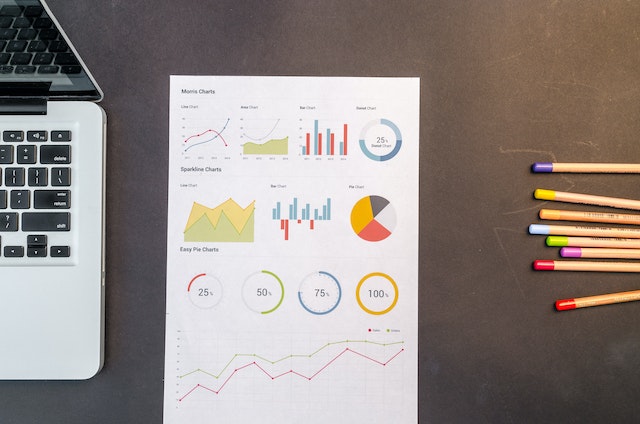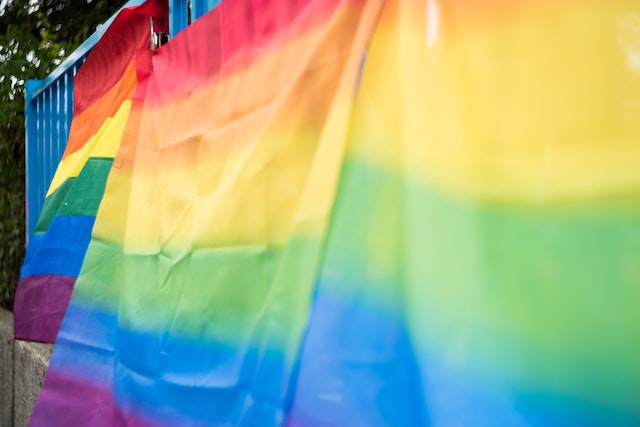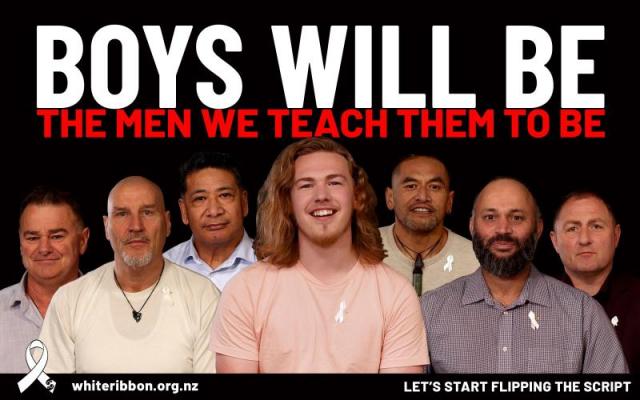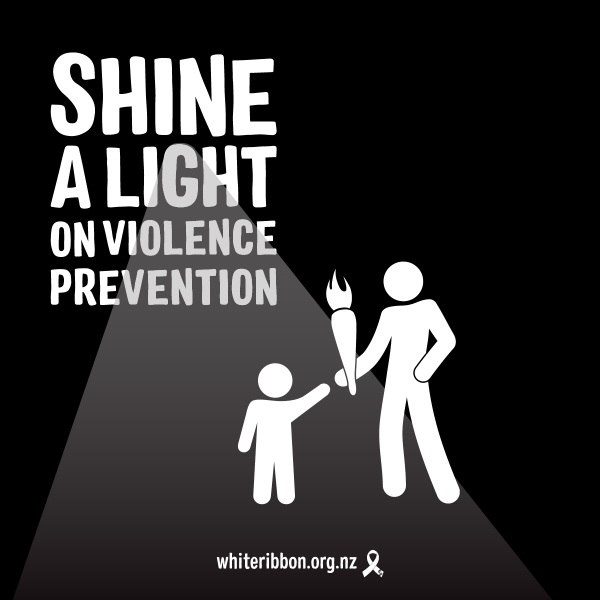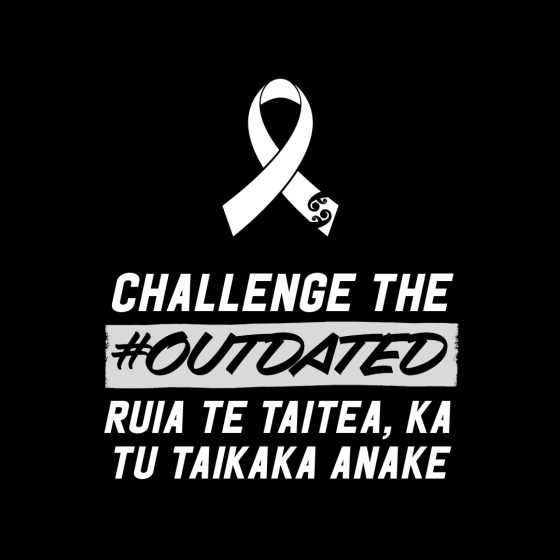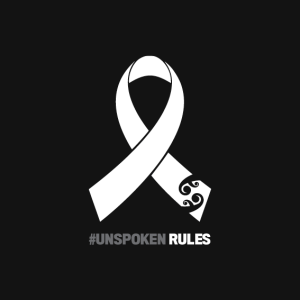2023 International Day to End Violence Against Women, the 16 Days of Activism, and White Ribbon Day
Wed 29 Nov 2023
This story covers this year's International Day to end Violence Against Women, the UNITE! campaign "Invest to prevent violence against women and girls", the 16 days of Activism Against Gender-Based Violence, and White Ribbon Day.
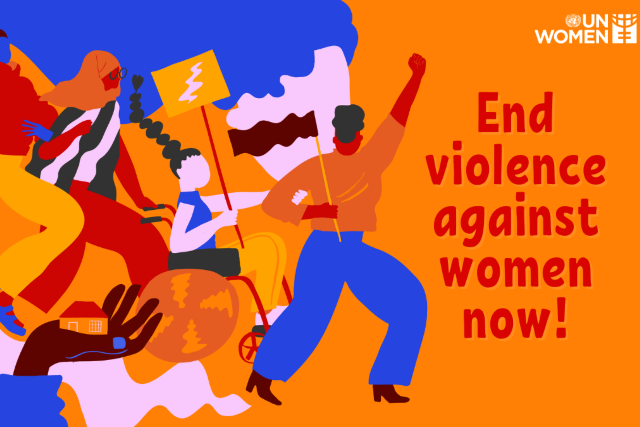
International Day to End Violence Against Women and the 16 days of activism
The 25th of November is the International Day to End Violence Against Women and announces the start of the 16 Days of Activism Against Gender-Based Violence. This campaign is supported by the United Nations’, UNITE to End Violence Against Women, a multiyear initiative to prevent and eliminate violence against women and girls worldwide. The 2023 UNITE! 16 days of activism campaign is organised around the theme, “UNITE! Invest to prevent violence against women and girls”. The focus of this year’s campaign is advocating for an increase in the funding of primary prevention programmes for violence against women and girls.
Te Aorerekura, the National Strategy to Eliminate Family Violence and Sexual Violence in Aotearoa, includes a call towards sustained long-term investment in primary prevention in Shift Four:
“Te Aorerekura seeks to strengthen the factors that provide protection from family violence and sexual violence occurring and which decrease the factors that drive violence. This shift focuses on collective investment in changing environments, attitudes, behaviours and norms through a range of integrated actions. These primary prevention actions operate at the individual, whānau, community and broader societal levels.”
With one of the key points for this shift being:
“...to grow the proportion of funding into prevention initiatives. A shared investment plan will identify interventions with a strong evidence base for success including Mātauranga Māori and culturally responsive initiatives, as well as removing duplication and ineffective initiatives. Identifying the resourcing required and building the necessary capability across communities and the sectors will take time, but we need to start the journey and regularly review progress.”
The concept note for this year’s UNITE to end Violence Against Women campaign, stresses the importance of investing in different prevention strategies with the aim to stop violence from happening in the first place. It broadens the scope of prevention to include options such as bolstering national social protection schemes, highlighting the strong relationship between economic insecurity and vulnerability to violence. The concept note goes on to say that pairing this with investment strategies to address harmful social norms, unequal power-relations, fund women’s rights organisations, strengthen essential services for survivors, and enable safer environments have the potential to prevent and reduce violence against women. The UN Women’s policy brief, Addressing violence against women through social protection: a review of the evidence (2023), has more information on this topic.
The UN Women’s practice brief, Doing violence prevention well: matching aspirations with funding timeframes (2023), provides practical advice on how to effectively use different levels of funding, short-term or long-term. However, the brief highlights the need for long-term, flexible funding arrangements to ensure the successful implementation of violence prevention programmes, stating that four to five years of dedicated and flexible funding are needed to embed an effective community mobilisation approach to violence prevention. The brief says that “Short time frames and the political pressures to show quantifiable results are two of the biggest challenges currently facing the VAW field.” A separate UN Women practice brief, Innovation and prevention of violence against women (2023), echoes this call for more long-term, flexible funding.
A Mama Cash literature review on the efficacy of feminist activism, Feminist activism works! A review of select literature on the impact of feminist activism in achieving women’s rights (2020), highlighted in this year’s 16 days of Activism concept note, found that strong, national autonomous feminist movements were, “...a stronger predictor of legal and policy reform at the national level related to violence against women than the number of women in parliament, the presence/influence of Left parties or national wealth.” Speaking to the impacts of feminist movements, the report states, “Over the past fifty years, feminist activism has fundamentally reconceptualised and altered our understanding of the phenomenon of violence against women… reframing violence not as a personal issue, but rather as a matter of human rights”.
During a 2016 high-level discussion on the Economic Cost of Violence against Women, the former UN Assistant Secretary-General and Deputy Executive Director of UN Women, Lakshmi Puri, emphasised the economic incentives to address violence in addition to the legal and moral obligation. She noted research indicating that the global cost of violence against woman could amount to 2% of the global GDP, equivalent to $1.5 trillion and approximately the size of the economy of Canada.
The UNICEF report, The Violence-Prevention Dividend: why preventing violence against children makes economic sense (2022), also estimates that the cost of violence against children could be as high as 5% of national GDP. The same report also argues that evidence-based violence prevention programmes routinely demonstrate strong returns on investment through averting the economic cost of violence and enabling more children to achieve their potential.
The 2014 report, Measuring the Economic Costs of Child Abuse and Intimate Partner Violence to New Zealand, by Sherilee Kahui and Suzanne Snively, estimates the economic cost to Aotearoa in 2014 at between $4.1 and $7 billion. The report goes on to say that the “...estimate is conservative, as it only captures IPV and violence perpetrated against children.” A related 2020 report produced by Martin, Jenkins & Associates Ltd (MartinJenkins) for the Royal Commission of Inquiry into Abuse in Care, Economic cost of Abuse in Care (2020), estimated the cost of abuse in state and faith-based care to be between $1.39-$3.13 billion annually. A report commissioned by ACC and produced by Business and Economic Research Ltd (BERL), Estimate of the total economic costs of sexual violence in New Zealand (2021), identified the economic cost of sexual violence in Aotearoa in 2020 to be equivalent to $6.9 billion.
Related Aotearoa events and resources
The 26th of November marks Economic Abuse Awareness Day. Since 2019, the Economic Abuse Awareness Day has sought to create greater recognition of the impacts of this form of abuse. Good Shephard New Zealand have produced an online resource to promote awareness around economic abuse as a form of family violence as part of this year’s 16 days of Activism against Gender-Based Violence. The resource also provides key information on how to support friends and family who may be experiencing this form of violence. For more information see our recent news story on economic abuse.
If you are organising your own White Ribbon Day or 16 Days of Activism events, White Ribbon have several resources available on their website. These resources include social media tiles, posters, and videos of 8 actions that people can take to help bring an end to men’s violence. You can also contact your local Family Violence Network for more information on what events might be happening near you as part of White Ribbon Day or the 16 days of Activism. See the White Ribbon NZ Facebook page for updates.
The Ministry of Social Development has released a new violence prevention website, Change Is Possible. This website contains a number of resources designed to help men be free of violence by teaching them to be better fathers and to challenge traditional understandings of masculinity.
Related media
How we can all support men to live a life without violence, The Stuff, 25.11.2023
Taking the White Ribbon Pledge to help reduce men’s violence, The Gisborne Herald, 25.11.2023
ILO Director-General Message for the elimination of gender-based violence, ILO, 24.11.2023
Strong local support for Timaru's White Ribbon Day a 'big plus', The Stuff, 24.11.2023
‘We don’t condone violence’, Otago Daily Times, 23.11.2023
Bettering the next generation, Otago Daily Times, 23.11.2023
Escape the man box, King Country News, 23.11.2023
Raising awareness of family violence, Otago Daily Times, 23.11.2023
Zonta says NO to violence against women, The Southland Tribune, 23.11.2023
Tauranga unites against domestic violence, Sun Live, 22.11.2023
Zonta backs no-to-violence campaign, Times Online, 22.11.2023
The long-term impact of economic harm, Good Shepherd New Zealand, 20.11.2023
In countries where manhood must be proven, men have shorter lives, Big Think, 7.11.2023
Image: UN Orange the world campaign



